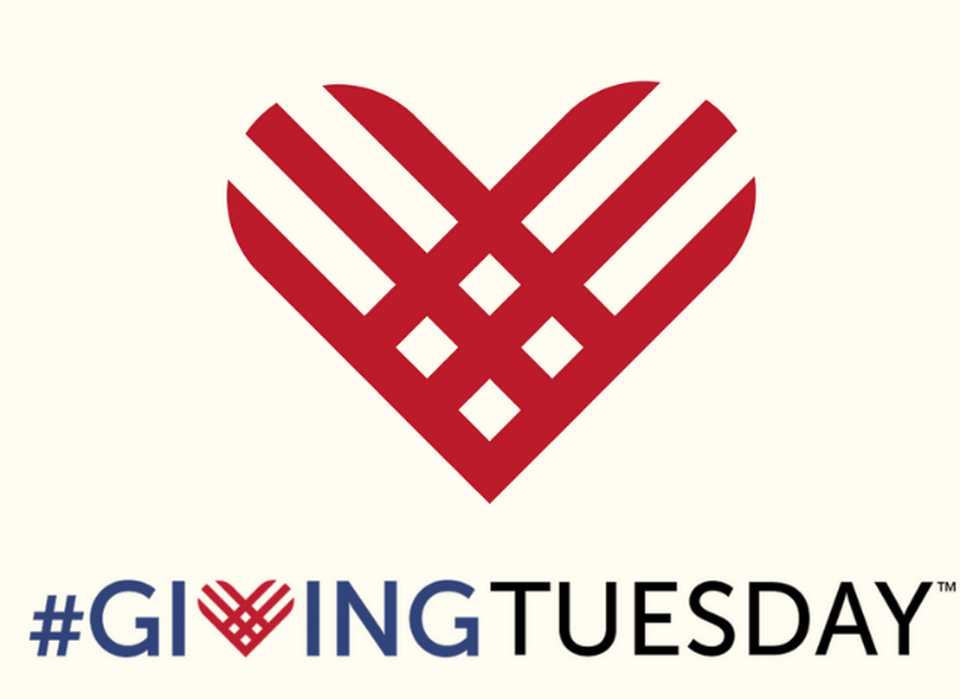The holidays are upon us and in honor of #GivingTuesday on December 3, we decided to share some philosophies of giving. You might not have tons of money to share but you can give back, and improve the lives of others, in many ways.
Since Bill and Melinda Gates and Warren Buffett created the Giving Pledge in 2010, more than 200 of the world’s wealthiest individuals and couples have committed to giving the majority of their wealth to philanthropic or charitable causes.
Although the Giving Pledge only invites billionaires to join, “it is inspired by the example set by millions of people at all income levels who give generously — and often at great personal sacrifice — to make the world a better place.”*
You don’t have to be a billionaire to embrace the spirit of the Giving Pledge: When people come together to give, regardless of wealth, they can improve the lives of others.
Decide which causes matter most to you
Giving Pledge billionaires are a diverse group, coming from 23 countries and ranging in age from their 30s to their 90s. While they’re all dedicated to philanthropy, they support many different causes.
For example, Giving Pledge member Sara Blakely pledged to help empower women to prosper when she signed the pledge in 2013. She has since donated money to build homes for impoverished families and funded entrepreneurial programs for girls.
One of the newest signers of the Giving Pledge, Robert F. Smith, focuses on causes that support equality for African Americans. In May 2019, he told graduates of Morehouse College that he was paying off their student loans via a grant that is worth an estimated $40 million.
What causes are you passionate about? What are your values? Do you want to make an impact locally or globally? Aligning the causes you support with what’s meaningful to you can help deepen your long-term commitment to giving back.
Write down why you are giving
Director and producer George Lucas and his wife Mellody Hobson joined the Giving Pledge in 2010. Like other members, they wrote a statement explaining why they wanted to join and what they intended to accomplish.
“My pledge is to the process,” Lucas wrote; “as long as I have the resources at my disposal, I will seek to raise the bar for future generations of students of all ages. I am dedicating the majority of my wealth to improving education.”*
Lucas fulfilled part of this pledge by creating the George Lucas Educational Foundation to transform education through innovation.
Writing down your own intentions can help clarify your philanthropic goals and serve as a reminder of the impact your gift could have.
Inspire and learn by going public
The Giving Pledge hopes to “inspire conversations, discussions, and action, not only about how much, but also for what purposes/to what end.”*
Even if you normally prefer to keep your charitable work private, being open about the causes you support might help inspire others to give back.
Other perks of going public include being able to exchange ideas and lessons learned with others, and the opportunity to meet people in your community or around the world who share your commitment.
Connect generations through giving
A major goal of the Giving Pledge is to encourage long-term family giving that will help make the world a better place for generations to come.
Sharing your passion for helping others with your children or grandchildren can be especially rewarding. Setting family goals, choosing worthy causes, and volunteering together are ways that you can help unite generations and make philanthropy part of your family’s legacy.
*To learn more about the Giving Pledge and those who have signed it, visit givingpledge.org.
